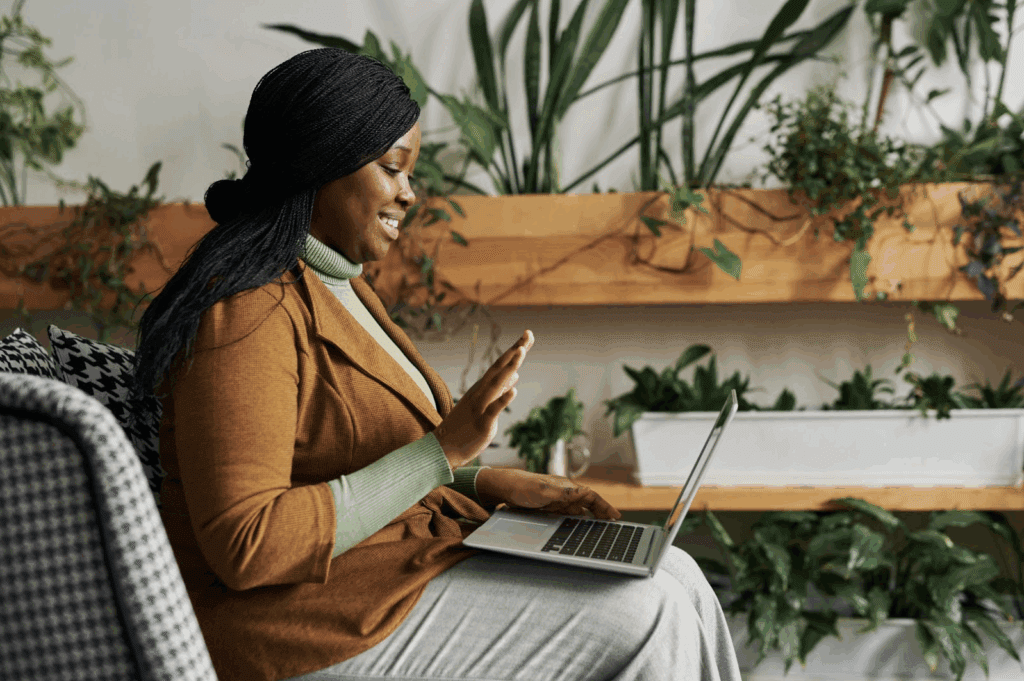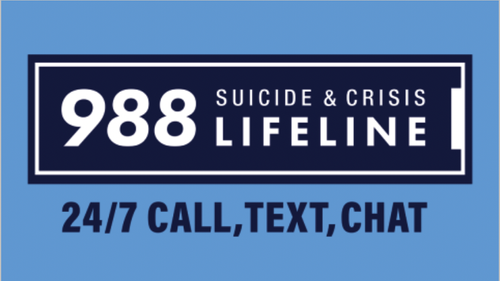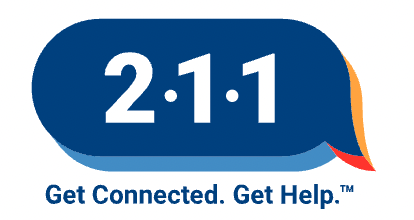Have you ever found yourself at a crossroads, torn between following your gut feeling and succumbing to the grip of anxiety?
The battle between intuition vs anxiety is one that many of us face on a daily basis, often without even realizing it.
In a world filled with uncertainty and constant challenges, being able to distinguish between these two powerful forces can be the key to making confident decisions and living authentically.
Here, we will delve into the intricate dance of intuition vs anxiety, exploring how they manifest in our thoughts, emotions, and behaviors.
Join us as we unravel the mysteries of these inner adversaries and uncover practical strategies for recognizing and harnessing their unique influences in our lives.

1. Defining Intuition vs Anxiety
It’s the subconscious mind processing a myriad of information to provide us with insights and solutions that may not be immediately apparent.
Intuition often feels calm, certain, and centered, providing a sense of clarity and purpose.
It’s like a gentle compass pointing us towards decisions that align with our deepest values and desires.
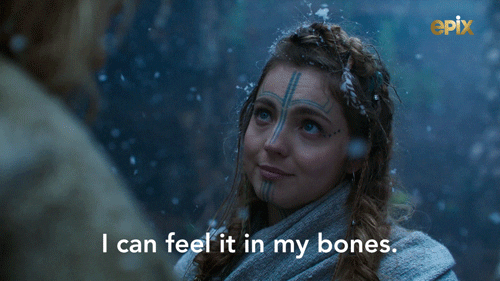
One Of These Is Not Like The Other
On the other hand, anxiety is like a relentless storm cloud hovering over our thoughts, casting shadows on everything we do.
It’s the restless feeling that something isn’t quite right or the fear of potential future events.
Anxiety can cloud our judgment and create irrational fears or doubts that obstruct our ability to listen to our intuition.
Understanding the nuances between intuition vs anxiety empowers us to distinguish between genuine gut feelings and unfounded worries, allowing us to trust ourselves more deeply in decision-making processes.
By fostering mindfulness and self-awareness, individuals can navigate through life’s twists and turns with greater ease and confidence.

2. Physical Symptoms of Anxiety
When it comes to distinguishing between intuition vs anxiety, paying attention to physical symptoms can provide valuable insights.
While both may produce a sense of unease or apprehension, anxiety often manifests in tangible bodily reactions such as elevated heart rate, muscle tension, and shallow breathing.
These physical manifestations serve as a clear signal that the body is reacting to perceived threats, whether real or imagined.
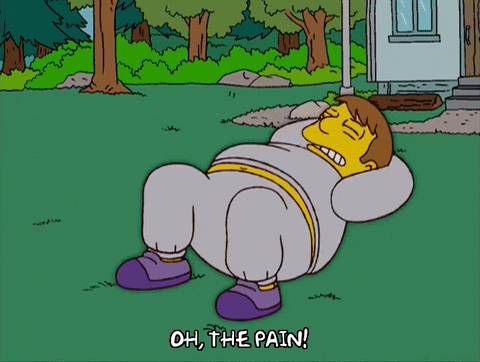
Symptoms Are Just Signals
Furthermore, recognizing these physiological cues can help individuals differentiate between genuine intuitive responses and anxious reactions.
Intuition typically arises without a surge of somatic sensations; rather, it often presents itself as a quiet knowing or gut feeling.
By heightening awareness of their bodily responses and learning to interpret them more accurately, individuals can navigate the intricate interplay between intuition and anxiety more effectively.
In summary, understanding the physical symptoms of anxiety offers a gateway to discerning between intuition vs anxious thoughts.
By acknowledging our body’s signals and tuning into subtle nuances, we can cultivate a deeper connection with our intuitive wisdom while mitigating the impact of overwhelming anxiety on our well-being.

3. Emotional Clarity vs Turbulence
Emotional clarity versus turbulence is a dichotomy that often defines our inner experiences.
At the heart of this distinction lies the battle between intuition vs anxiety, both of which can shape our perceptions and decisions.
Emotional clarity is akin to a calm, still lake reflecting the truth of our feelings and thoughts, while emotional turbulence resembles a stormy sea, obscuring our internal compass with waves of doubt and fear.

As Different As Can Be… But They Can Be Confusing
One key insight worth pondering is the role of self-awareness in achieving emotional clarity.
When we cultivate a deep understanding of ourselves—our values, needs, and triggers—we are better equipped to distinguish between genuine intuitive nudges and anxious projections.
This process invites us to observe our emotions without judgment or attachment, fostering a more balanced approach to navigating life’s complexities.
Moreover, it’s essential to recognize the interconnected nature of emotional clarity with overall well-being.
Research suggests that embracing emotional transparency can lead to improved mental health outcomes, as it allows for authentic expression and constructive processing of emotions.
Consequently, striving for emotional clarity becomes not just an exercise in introspection but also a pathway towards greater resilience and fulfillment in our daily lives.
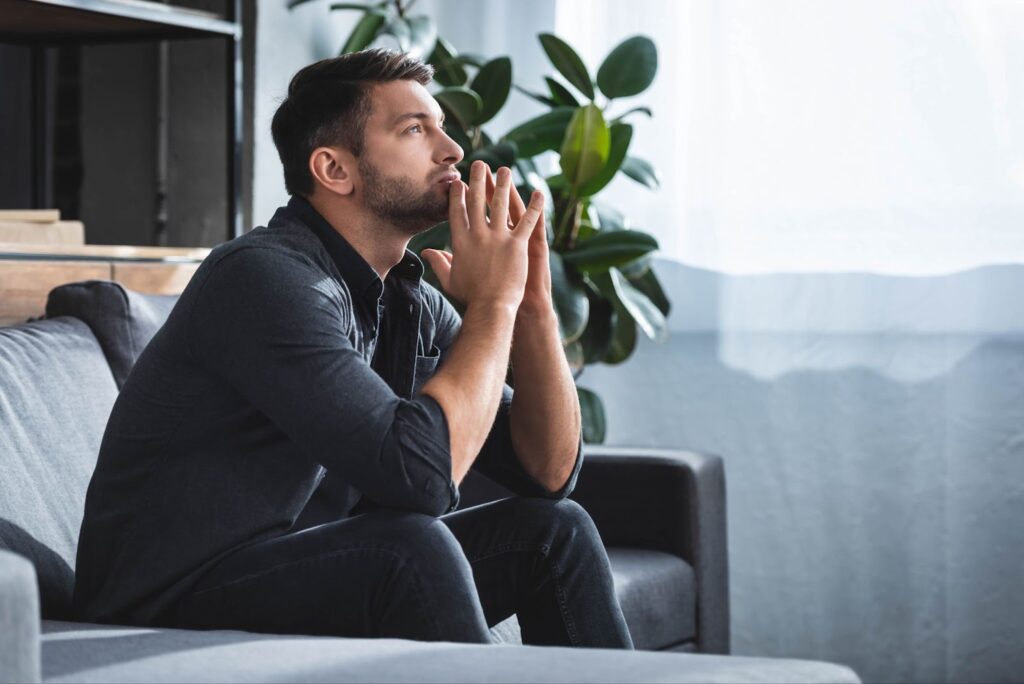
4. Trusting Your Gut vs Overthinking
Trusting your gut versus overthinking is a timeless battle within the human psyche – the age-old clash between intuition vs anxiety.
It’s easy to get lost in the labyrinth of our thoughts, dissecting every decision from all angles until our minds resemble a tangled web of doubt and uncertainty.
However, learning to trust your gut instinct can be liberating, offering a direct line to our inner wisdom that bypasses the noise of overthinking.
Our intuition often speaks quietly but with clarity, while overthinking shouts with confusion and doubt.

One Is Quick And Decisive While They Other Holds You Back
On the other hand, trusting your gut can provide a swift and decisive path forward based on insights that often defy logical explanation.
Embracing intuition doesn’t mean dismissing rational thinking; rather, it means finding a delicate balance between acknowledging our instincts and employing critical reasoning when necessary.
In essence, understanding when to listen to our inner compass rather than drowning in the turbulent waters of overanalysis can lead us to more authentic decisions with greater peace of mind.

5. Cultivating Intuition, Managing Anxiety
Cultivating Intuition, Managing Anxiety is a delicate balance that many of us strive to maintain.
While intuition can guide us towards inner wisdom and authentic decision-making, anxiety has the power to cloud our judgment and create unnecessary worry.
One approach to finding harmony between the two lies in understanding their interconnected nature.
By recognizing that intuition often speaks softly and calmly, while anxiety tends to be loud and chaotic, we can start discerning which voice we are truly listening to.
This awareness places us in a position where we can consciously choose to prioritize intuitive nudges over anxious thoughts, fostering a sense of clarity and confidence in our decision-making process.

It’s About The Journey, Not The Destination
In this journey of balancing and managing intuition vs anxiety, it’s crucial to develop mindfulness practices as tools for self-awareness.
Mindfulness helps us observe our thoughts without judgment or attachment, allowing us to recognize when anxiety hijacks our mind and distorts intuitive signals.
Moreover, nurturing creativity through activities like journaling or meditation can sharpen our intuitive senses by quieting the noise of anxiety.
By actively tending to these aspects of ourselves, we can cultivate a deeper connection with our intuition while effectively managing anxiety’s intrusive presence in our lives.

Honoring Your Instincts While Managing Stress
Understanding the difference between intuition vs anxiety is crucial for making informed decisions and navigating life’s challenges.
Intuition is a powerful tool that can guide us towards positive outcomes, while anxiety often leads to unnecessary stress and worry.
By learning to recognize the subtle cues of each, we can better trust our instincts and manage our fears.
Practice mindfulness and self-awareness to distinguish between the two, and seek support from friends, family, or mental health professionals if necessary.
With knowledge and practice, we can harness the power of intuition and reduce the impact of anxiety in our lives.
Embrace this journey towards greater self-awareness and emotional well-being.

